Centralized Power and the Core–Periphery Divide in Afghanistan
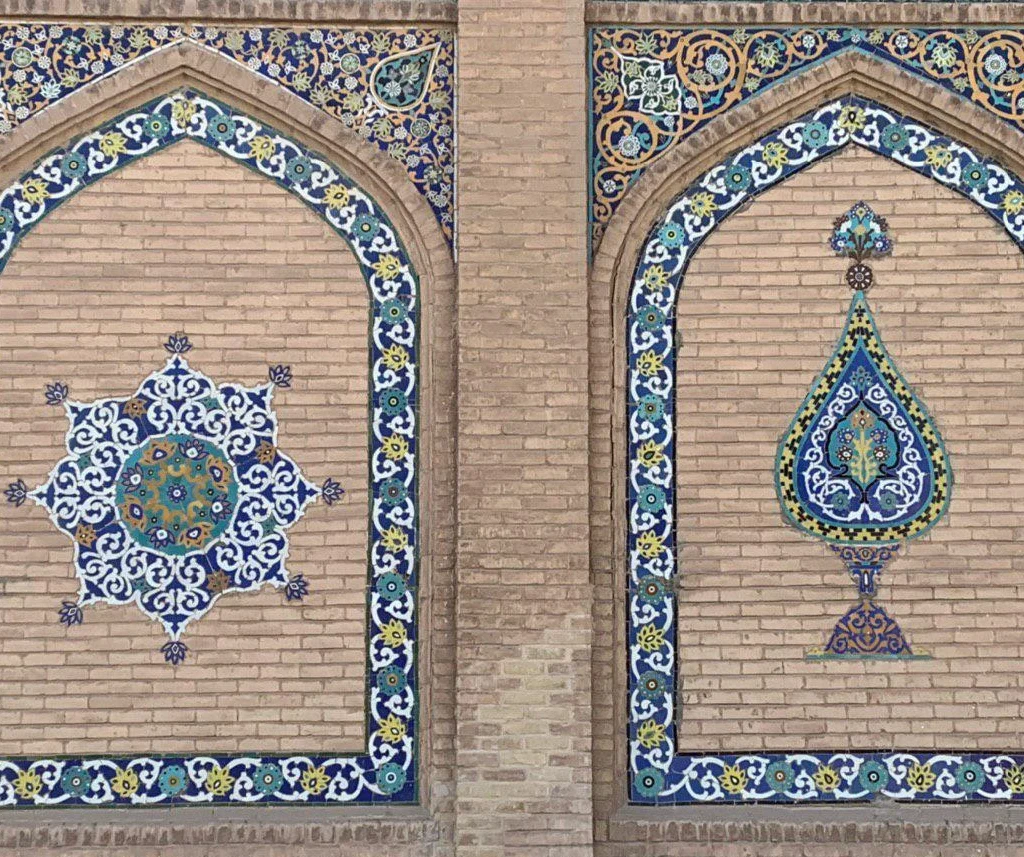
The Islamic Emirate of Afghanistan’s return in 2021 brought rapid consolidation of power, but also the revival of a historical flaw. By concentrating authority in the hands of southern Pashtun elites, the Taliban have recreated the core–periphery divide that has destabilized every Afghan regime since the 19th century. This hyper-centralization, rooted in ethnic exclusivity and Kandahar dominance, risks a repeat of past collapses as non-Pashtun regions turn toward functional autonomy.
When Insurgents Rule: The Taliban’s Crisis of Governance
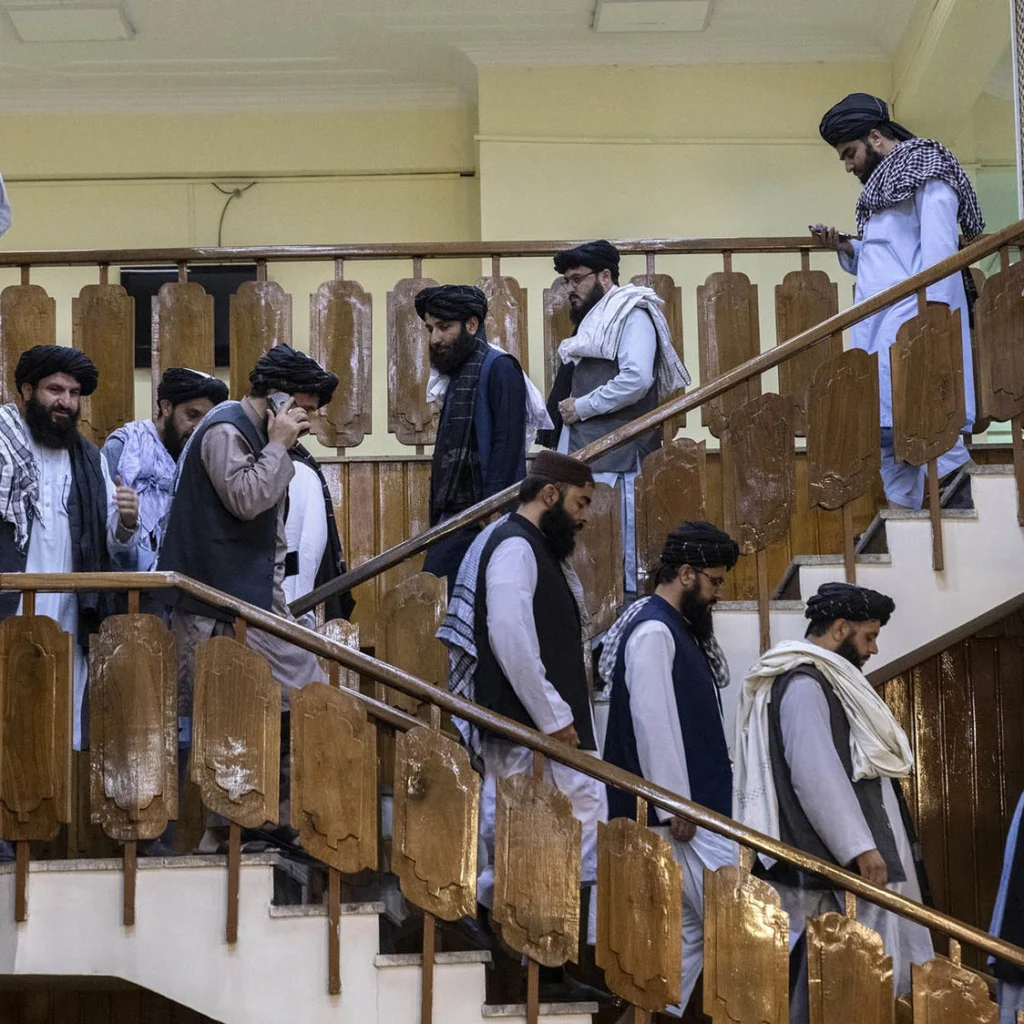
The Taliban’s confrontation with Pakistan reveals a deeper failure at the heart of their rule: an insurgent movement incapable of governing the state it conquered. Bound by rigid ideology and fractured by internal rivalries, the Taliban have turned their military victory into a political and economic collapse, exposing the limits of ruling through insurgent logic.
Legitimacy, Agency, and the Illusion of Mediation
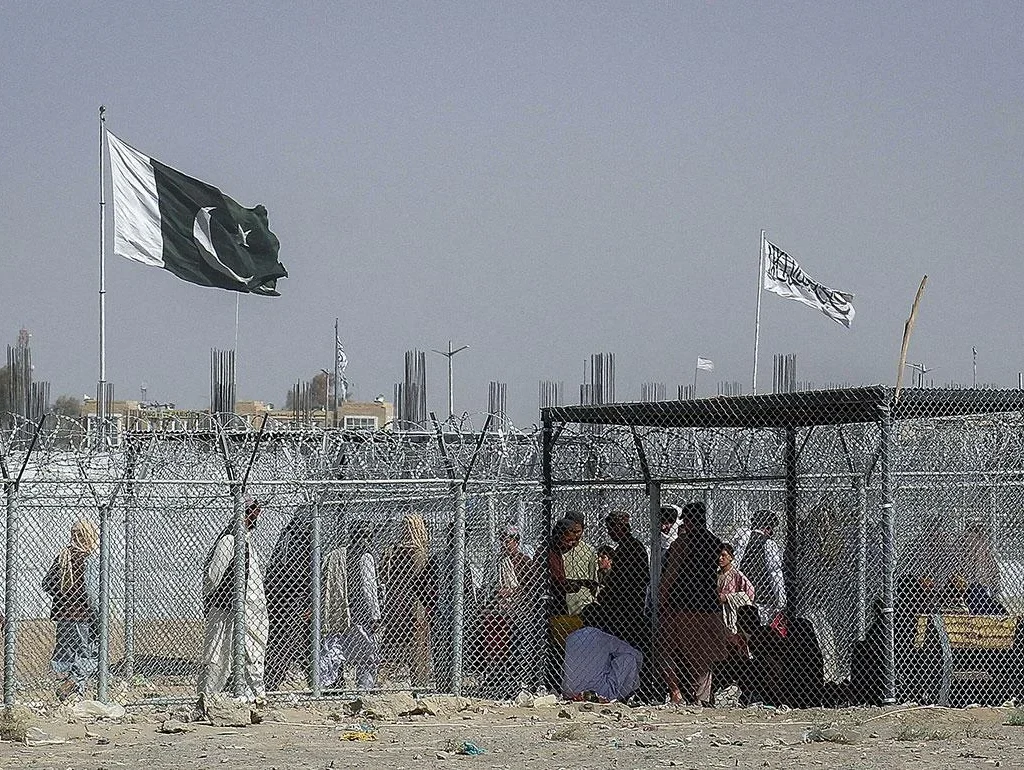
The recent talks in Turkey, attended by Afghan representatives, exposed the delicate politics of legitimacy and agency in Pakistan-Afghanistan relations. By rejecting the Taliban’s proposal to include the TTP, Pakistan safeguarded its sovereignty and avoided legitimizing a militant group as a political actor, preserving its authority and strategic narrative.
The Instrumentality of Asymmetry: Taliban Hedging and Pakistan’s Compounded Security Dilemma
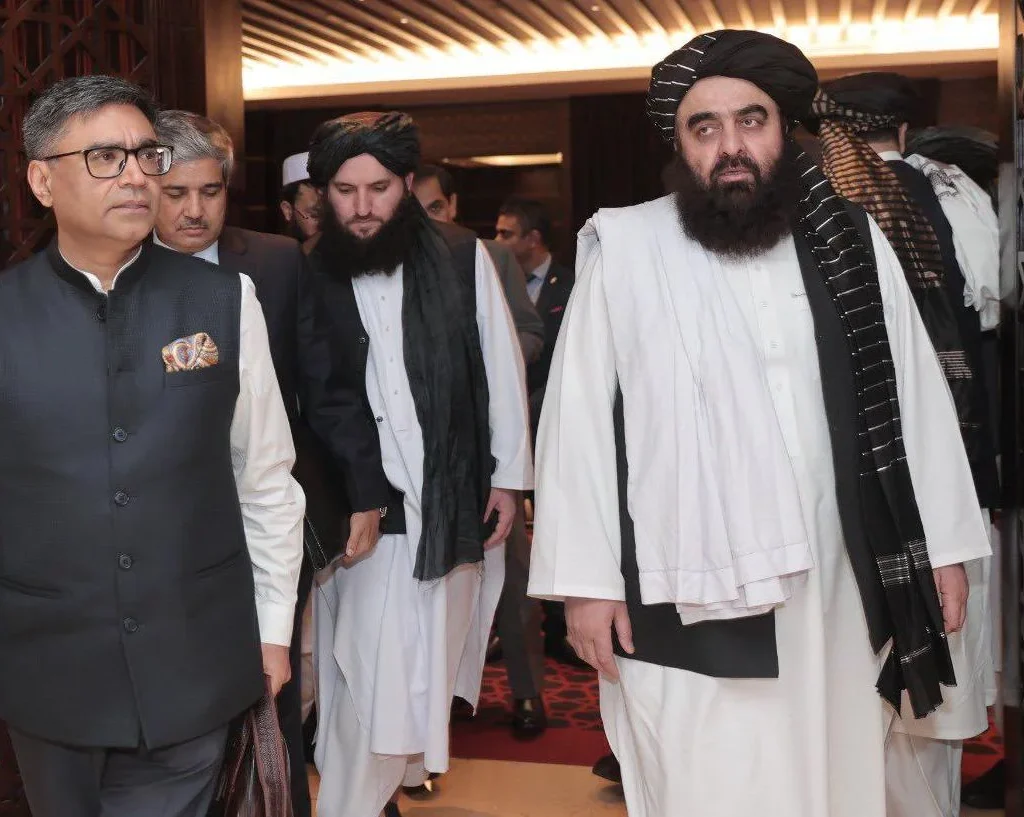
The security architecture of South and Central Asia is undergoing a significant realignment, the implications of which are crystallizing along the Afghanistan-Pakistan border. To view the Afghan Taliban’s engagement with India and the TTP’s escalation of attacks as disconnected is to miss the emergence of a complex geopolitical dynamic. This signals a fundamental recalibration of regional relationships, forcing Pakistan to confront a renewed and more intricate security dilemma.
Terrorism Beyond Borders: Why the TTP Threat Is Not Pakistan’s Alone
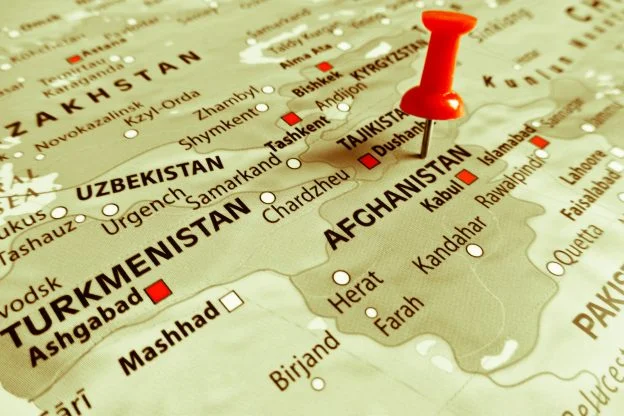
The resurgence of Tehrik-i-Taliban Pakistan (TTP) under the Taliban’s ideological protection is reactivating global terror networks across South and Central Asia. This op-ed explores how the TTP’s links with al-Qaeda, ISKP, and TIP make it a transnational threat, one that endangers U.S., Chinese, and regional interests alike, not just Pakistan’s stability.
Between Security and Privacy: Contextualizing Amnesty’s Claims on Pakistan’s Surveillance

Amnesty International’s Shadows of Control paints a bleak picture of Pakistan’s digital surveillance. Yet by sidelining the country’s acute security challenges, dismissing existing legal safeguards, and overlooking its own credibility issues, the report offers a partial and misleading narrative. A more balanced approach requires situating surveillance within Pakistan’s counterterrorism imperatives and recognizing the global double standards at play.
The Unholy War: Religious Consensus Against Insurgency in Pakistan
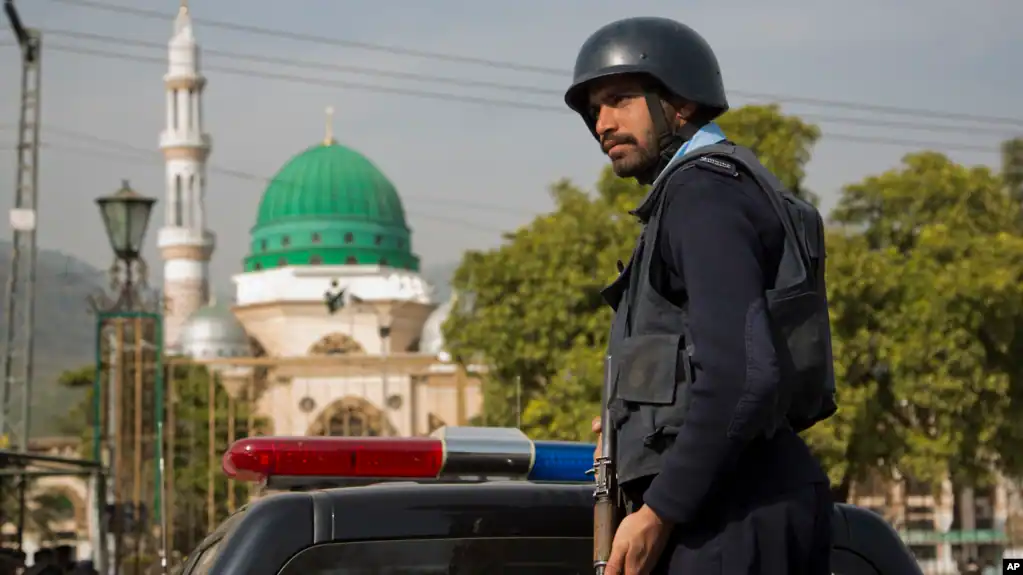
For two decades, Pakistan has endured TTP-led violence. Now, a rare consensus among Deobandi, Barelvi, and Ahl-e-Hadith scholars delegitimizes the insurgency and redefines jihad versus rebellion.
Pakistan and the TTP: Why Peace Talks Are a Strategic Mistake

Pakistan is once again at a critical juncture in its war against terrorism. A resurgent Tehrik-e-Taliban Pakistan (TTP) has intensified its attacks, posing a severe threat to national security and regional stability. In the face of this renewed militancy, there have been calls, both from within and outside the country, for another round of peace […]
Afghanistan conundrum
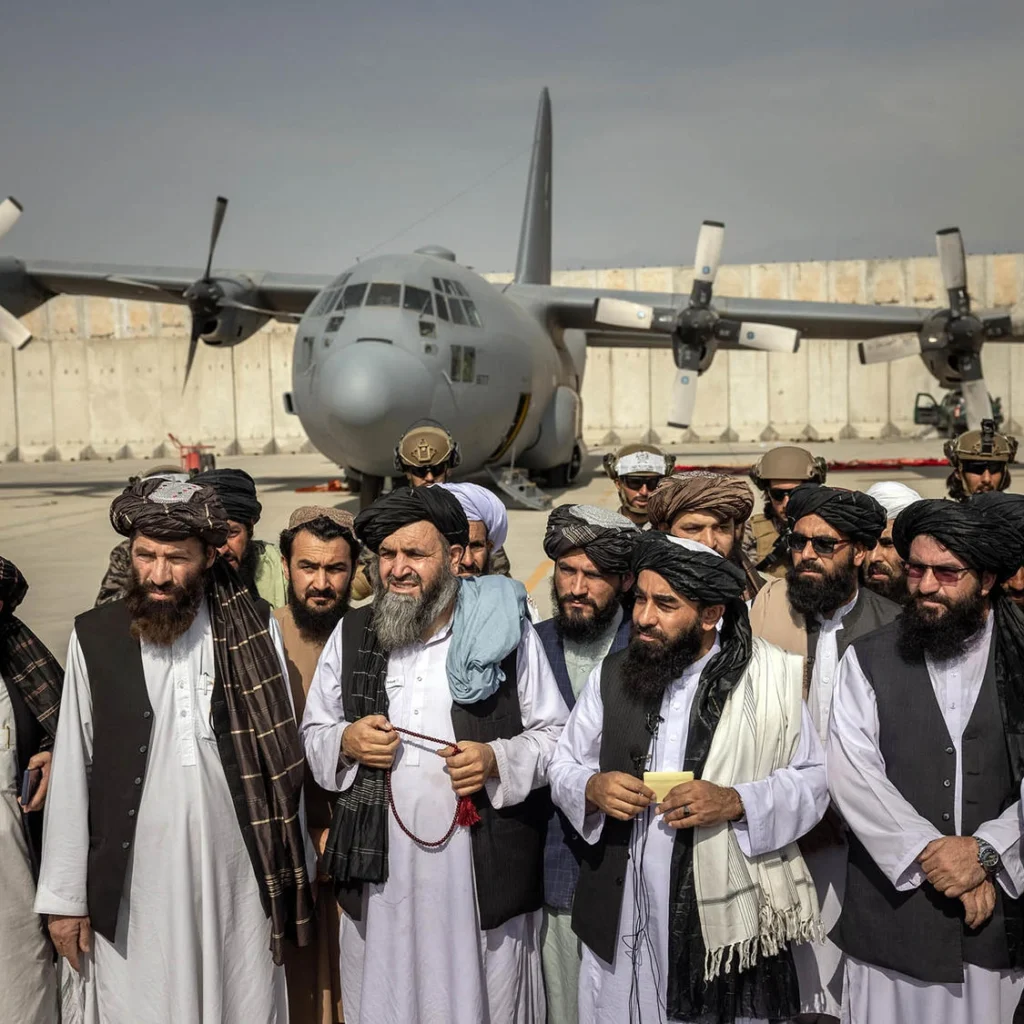
When the Taliban returned to power in 2021, Pakistan saw hope. Four years later, TTP and BLA attacks have surged, Kabul’s ties with India are deepening, and Islamabad faces a worsening security crisis along its western border.
Pakistan’s Counter-Terrorism Dilemma: Balancing Civilian Protection and Security
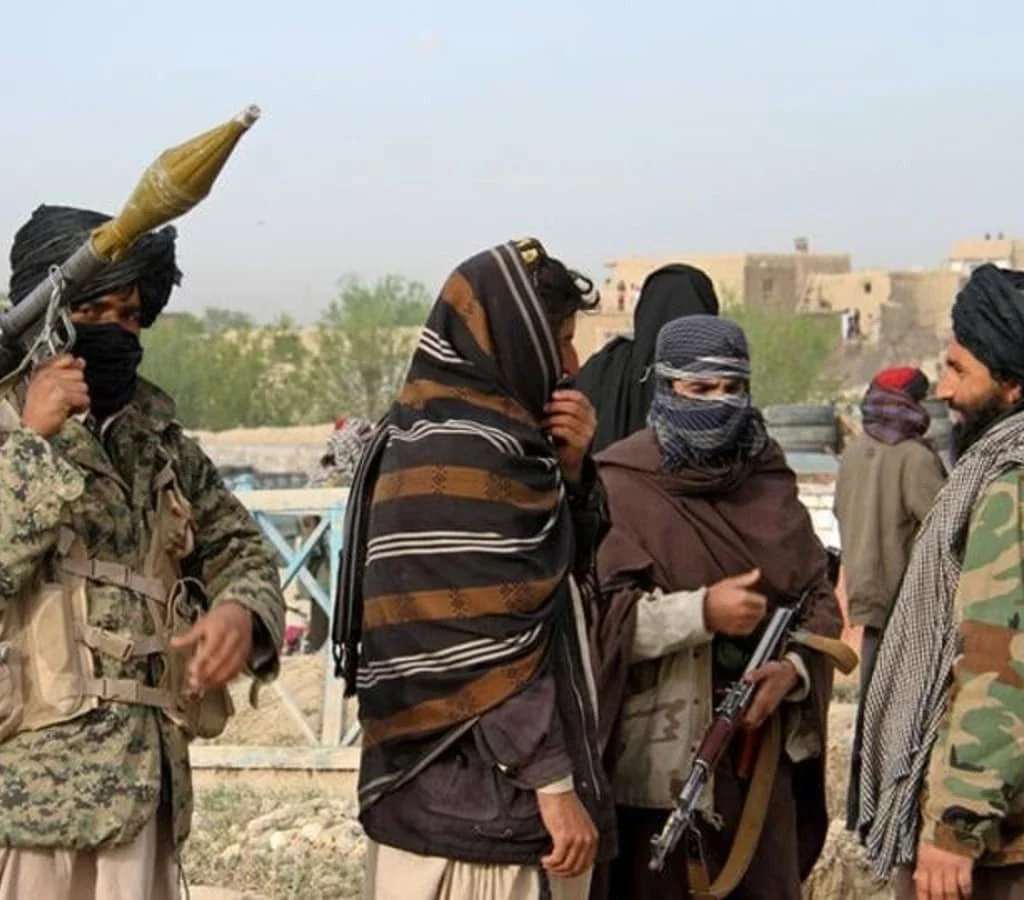
Unlike its peak years of 2007–2009, the TTP no longer commands territory but operates through small decentralized cells that blend into civilian populations. This shift poses an unprecedented challenge for Pakistan’s security forces, where every strike risks civilian casualties and fuels propaganda. The dilemma is not unique, echoing ISIS in Iraq and Boko Haram in Nigeria, but it demands a collective civil-military response to deny militants both sanctuary and narrative advantage.
